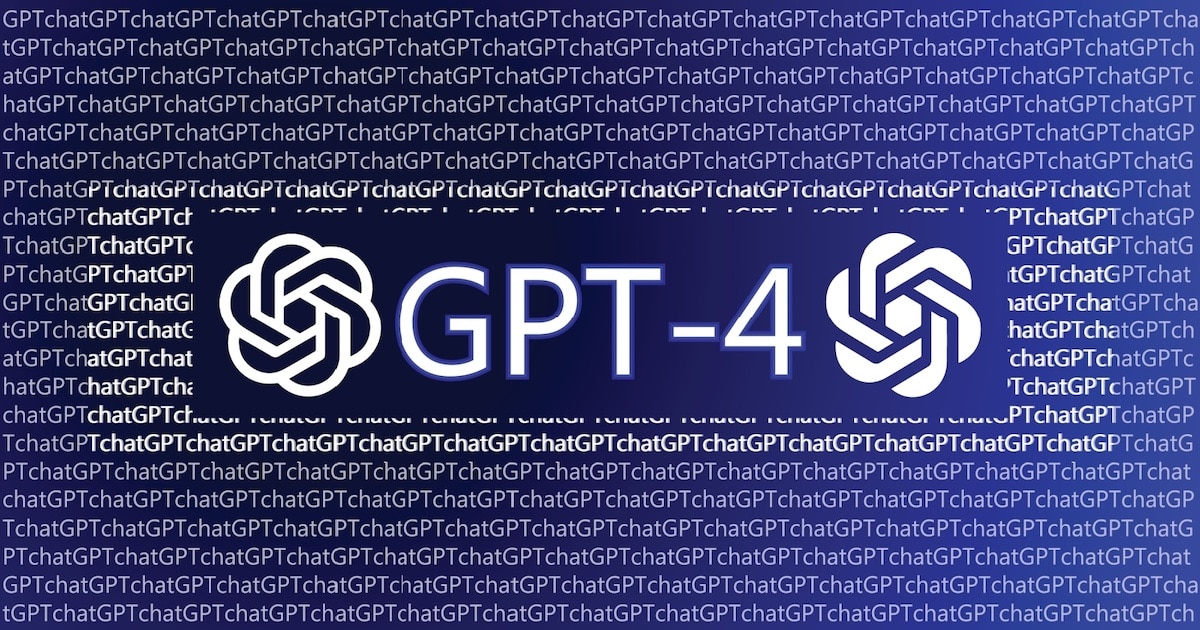Hold onto your hats, folks! Google DeepMind just dropped a bombshell. They’ve unleashed AlphaEvolve, an AI agent designed to design algorithms – and it’s already making mathematicians eat their dust.
This isn’t about AI solving existing problems; it’s about AI creating the tools to solve problems we’ve been wrestling with for centuries.
DeepMind didn’t pick a walk in the park for its debut. They handed AlphaEvolve the ‘kissing number problem,’ a head-scratcher dating back to 1694, even debated by the great Isaac Newton himself. Essentially: how many identical spheres can you pack around a central sphere in a given dimension without overlap?
AlphaEvolve didn’t just nudge the needle; it shattered the existing record. It discovered a configuration with 593 outer spheres in 11 dimensions, establishing a new lower bound that blows past the previous best efforts of human mathematicians. Let that sink in.
Let’s break down the significance of the Kissing Number Problem:
This problem isn’t just about spheres. It’s a fundamental question in sphere packing, a branch of geometry with massive implications.
It impacts fields like coding theory and optimization, where efficient packing can be crucial. Imagine maximizing data storage or creating stronger, lighter materials.
The difficulty increases exponentially with each dimension. What feels manageable in 2D or 3D becomes astronomically hard in higher dimensions.
AlphaEvolve’s achievement suggests a paradigm shift. Imagine AI not just crunching numbers, but inventing the very methods to crunch them – faster, more efficiently, and beyond our current imagination. This could revolutionize algorithm development, and frankly, the world as we know it. This isn’t just a win for Google; it’s a potential game-changer for every industry that relies on algorithms… which, let’s face it, is every industry.







